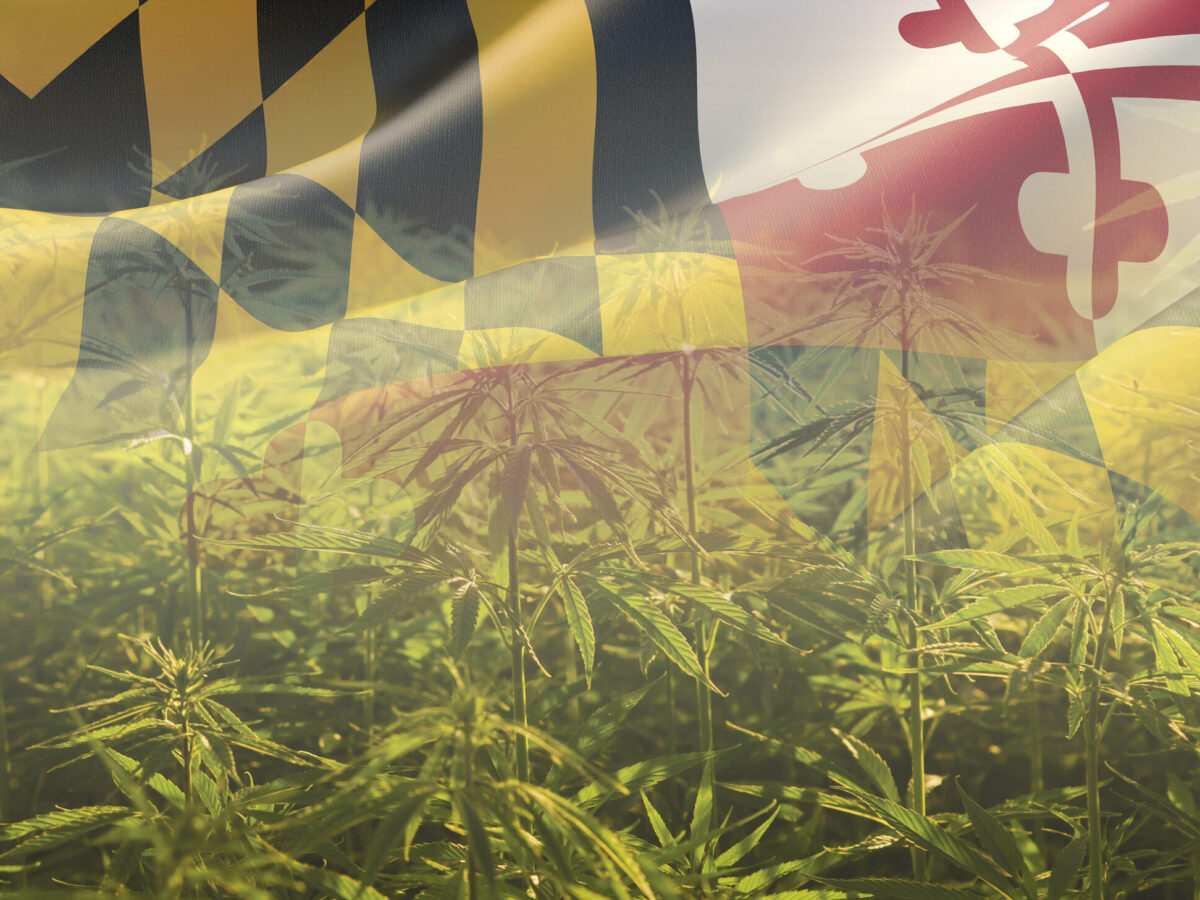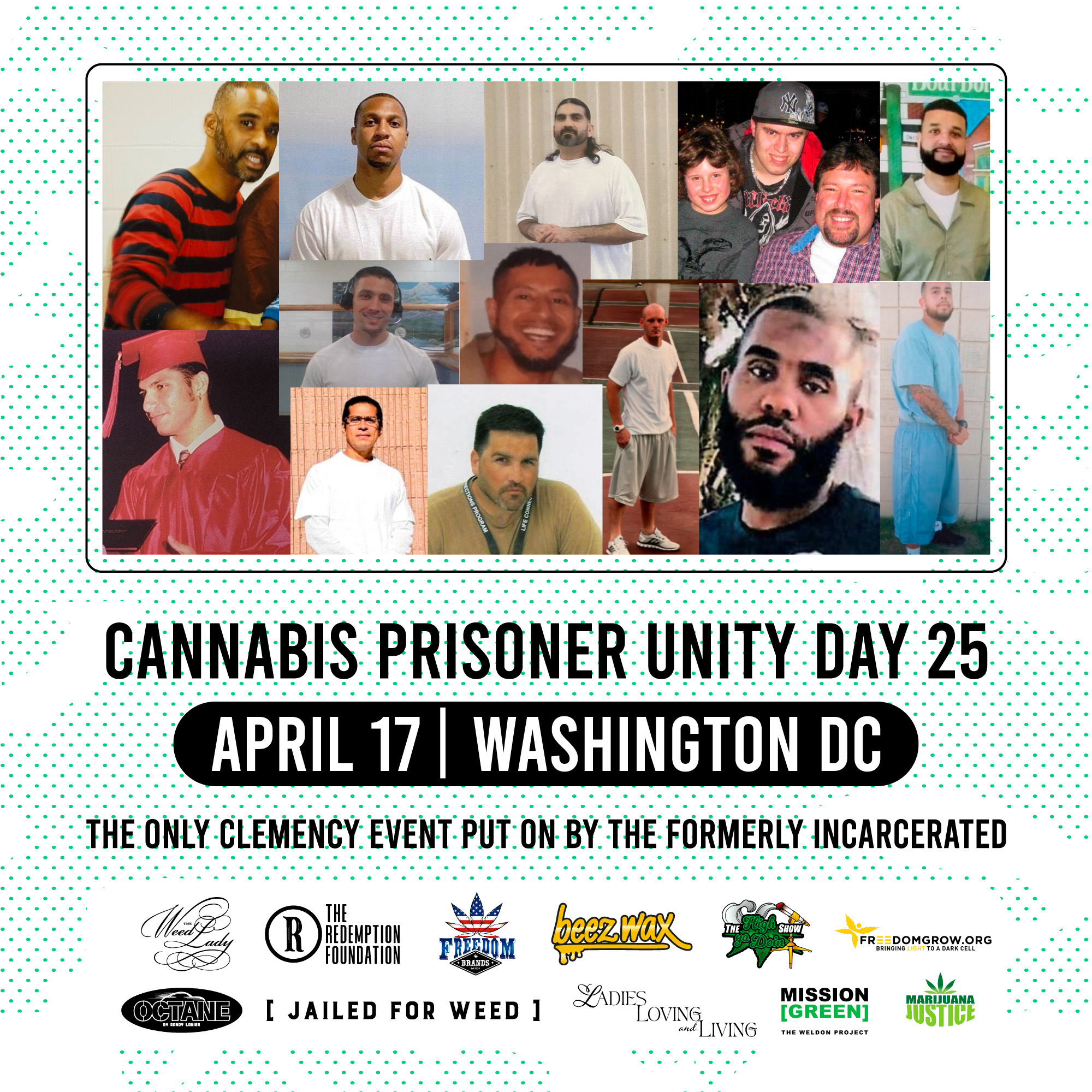Last week’s sentencing of former delegate Cheryl Glenn—indicted at the end of 2019 for taking bribes tied to the medicinal cannabis industry—and the Maryland Medicinal Cannabis Commission committee meeting, which took public comment on increasing diversity within the industry, illustrate just how much more work is to be done for there to be a racially equitable medicinal cannabis program in the state.
Glenn, who had long been an advocate for Black-owned growers, processors, and dispensary owners was indicted in December of 2019 in part for taking bribes in which she promised Black potential licensees should vote for legislation that would expand the number of licenses available. In March 2020, Lance Lucas, who gave Glenn $42,500 in bribes, was also indicted. The indictments had the effect of both delegitimizing one of the most powerful proponents of racial equity in the cannabis industry and very much proved how dire the situation really was: Some Black cannabis entrepreneurs felt as though their only way to enter into the legal cannabis business was via illegal business.
Now, Glenn is going to federal prison for two years. The politician, whose mother, Natalie M. LaPrade, is the namesake of the Maryland Medicinal Cannabis Commission, was sentenced on Wednesday, July 29. Glenn had been asking for home detention and federal prosecutors asked for three years (even that was below sentencing guidelines which recommended around 4-5 years). Judge Catherine C. Blake called Glenn’s bribery “a deliberate scheme to take advantage of her political power,” and sentenced her.
The next day, July 30, the Maryland Medical Cannabis Commission held a Policy Committee Meeting, which addressed a number of issues, including diversity in the medicinal cannabis industry. The meeting also addressed the adjustments to the medicinal cannabis industry due to Covid-19 (such as temporary suspensions of existing patient signature requirements, on-site delivery, and telehealth for patients receiving certification) the scheduling of fines, and growing on multiple locations based on a single license.
When it came to addressing diversity concerns, MMCC Executive Director William Tillburg stressed that the commission’s primary concern in regards to diversity is related those who receive business licenses. Tillburg has made comments connecting cannabis to racial justice at previous meetings. “Medical cannabis is really at the nexus of a lot of the areas where we see the greatest racial disparities in the country. If we’re talking about health, business or economics, personal net worth, and criminal justice,” Tilburg said back in June. “And so, it’s very important to us and the work we’re doing and seeing across the country. To that end, the General Assembly has tasked this body with creating a program that reflects the racial, ethnic, and gender diversity of this state and in that work is ongoing.”
Public comment on diversity included Rita Montoya, who said that diversity cannot stop at who is licensed but also must focus on the patients (something Delegate David Moon has said in the past, noting the affordability—or lack thereof—of medicinal cannabis). Especially telling was Montoya’s story of two different patients, one white, one Black, who were stopped for the same traffic violation and treated very differently in regards to cannabis despite having a medicinal cannabis card. One, the white patient, was simply let go and told to have a nice day while another, the Black patient, Montoya said, had guns drawn on them, had their car searched, and was charged with possession.
Tracey Lancaster Miller of the Maryland Medical Dispensary Association noted that the association has created a Diversity and Inclusion Commission and has added an anti-discrimination measure in its member agreements.
Kristina Johnson, a member of Marylanders for a Diverse and Equitable Cannabis Sector (MDECS) made recommendations which included, creating, committing to, and maintaining a “safe feedback loop to hear from minority participants and desired entrants”; “foster[ing]” a culture in the MMCC that “values diversity”; and moving towards a “level playing field for new entrants.”
But issues of diversity—or really, racial equity—affect every aspect of the medicinal cannabis industry and when the committee focused its discussion on the ability of a cannabis company to use its growing license for multiple locations, long standing issues regarding cannabis equity hovered in the background. The dispensary that requested they be able to use their license for a second location is Curio Wellness, who infamously filed a lawsuit opposing the expansion of the number of licenses awarded, in an attempt to rectify the fact that the initial 15 licenses were awarded exclusively to white cannabis business owners. Curio, which has connections to the notoriously right-wing Sinclair Broadcasting, was criticized for opposing this attempt at addressing racial diversity and eventually withdrew the lawsuit.
Now, Curio wants to expand its footprint by asking for their license be applied to a second location. Currently, a licensee can “renovate or modify existing premises” or can apply to change the location of the license but cannot simply use the same license for a second location.
In the lead up to this week’s committee meeting, Joe Gaskins, president of the African American Medical Cannabis Association, who in February testified in favor of removing the statutory cap on the number of medicinal cannabis licenses in an attempt to reduce racial disparities, published an op-ed on the site Maryland Matters about this issue. Titled, “State Still Keeping Minorities Out of the Medical Cannabis Business,” Gaskins wrote that allowing Curio to use its license for a second growing location would “cause irreparable damage to the state’s diversity and inclusion efforts in the medical cannabis industry, while enabling an end-run around the legislature’s licensing moratorium.”
The arguments for allowing this expansion were mostly tied to increasing patient access, while the arguments against it were fairly self-explanatory: No other cannabis industry in the country allows a grower to use its single license for an additional location; if it passed it would further benefit wealthy cannabis companies who can afford a second location; that it would be occurring before the 2019 licenses, which have yet to be rewarded, and that something this significant should be decided by the legislature.
The Policy Committee declined to adjust the rules for Curio. 2019’s licenses meanwhile, have yet to be awarded.






